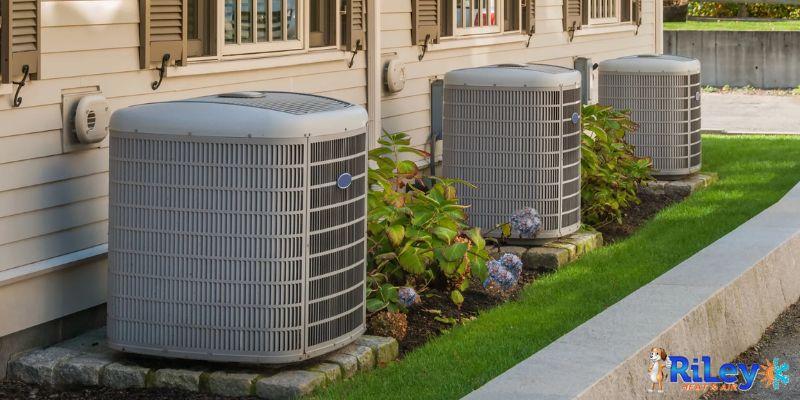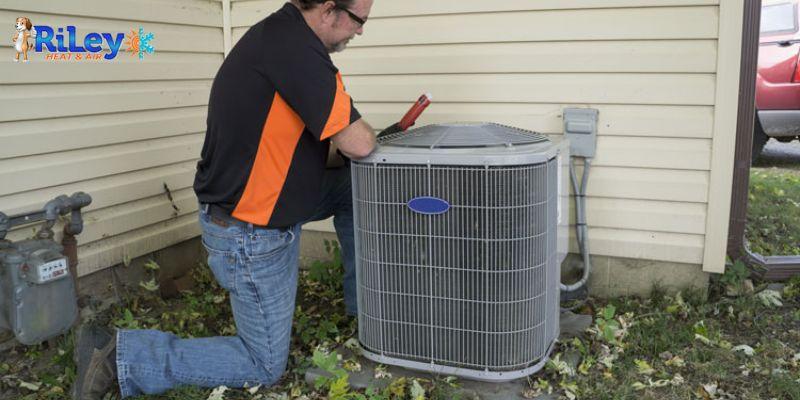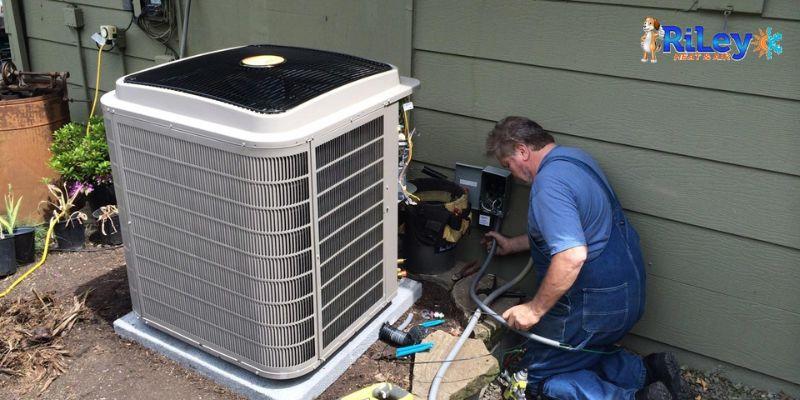
How to Choose the Right Heating Furnace for Your Home
When winter sets in, and the chilly winds start blowing, a reliable heating furnace becomes essential to keeping your home warm and comfortable. However, choosing the right heating furnace for your home can take time and effort.
A well-informed decision ensures efficient heating, cost-effectiveness, and safety. To help you make the right choice, we've compiled a comprehensive guide with essential tips on selecting the perfect heating furnace for your home.
Tips for Choosing the Right Heating Furnace for Your Home
1. Determine Your Heating Needs
The first step in choosing the right heating furnace is to assess your heating needs. Consider the size of your home, the climate in your region, and your family's heating preferences. A properly sized furnace is essential to ensure that it can effectively heat your entire living space without wasting energy.
Oversized furnaces can lead to frequent cycling, inefficiency, and higher utility bills, while undersized furnaces need help maintaining the desired temperature. Consult a professional HVAC technician to calculate the appropriate heating capacity required for your home.
2. Choose the Right Fuel Type
Various fuels, including natural gas, propane, oil, and electricity, can power heating furnaces. Each fuel type has advantages and disadvantages, so choosing one that aligns with your preferences and budget is essential.
Natural gas furnaces are famous for their efficiency and cost-effectiveness, but they may only be available in some areas. Propane and oil furnaces are suitable alternatives but may have higher operating costs. Electric furnaces are easier to install but might be less energy-efficient in some regions. Consider the availability and price of fuel in your area to make an informed decision.
3. Check the Energy Efficiency Ratings
Energy efficiency is a critical factor when selecting a heating furnace. Look for furnaces with high Annual Fuel Utilization Efficiency (AFUE) ratings, indicating how efficiently the Furnace converts fuel into heat.
The higher the AFUE rating, the more heat the Furnace produces from the same amount of fuel. Choose a furnace with an AFUE rating of at least 90% or higher to ensure lower energy consumption and reduced utility bills.
4. Consider the Furnace's Features

Modern heating furnaces come with various features designed to improve comfort and convenience. Look for variable-speed blowers that offer better air distribution while reducing temperature fluctuations and noise.
A programmable thermostat allows you to set specific heating schedules, optimizing energy usage. Some furnaces have zoning capabilities, allowing you to heat particular areas of your home independently. Research and compare different models to find the features that best suit your needs.
5. Prioritize Safety Features
Safety should never be compromised when choosing a heating furnace. Look for models with safety features such as automatic shut-off switches, which turn off the Furnace if any issues are detected.
Ensure that the Furnace you select complies with all safety regulations and standards. Regular maintenance and inspections by a certified technician are also crucial to keeping the Furnace operating safely.
6. Check for Noise Levels
The noise level of a heating furnace can be a significant consideration, especially if the Furnace will be installed near living spaces. Furnaces with higher AFUE ratings generally operate more quietly. Additionally, look for furnaces with insulated cabinets and vibration-reducing components to minimize noise levels.
7. Read Reviews and Seek Recommendations
Before making a final decision, read customer reviews and seek recommendations from friends, family, and neighbors. Real-world experiences can offer valuable insights into the performance, reliability, and customer support of various furnace brands and models.
8. Consider the Installation and Maintenance
The Installation of a heating furnace is a crucial aspect of its performance and longevity. Choose a reputable HVAC company with experience in furnace installation. Also, inquire about warranty options and maintenance plans to ensure your Furnace remains in top-notch condition throughout its lifespan.
9. Budget Considerations
Before finalizing your decision:
- Consider your budget constraints. The cost of heating furnaces can vary significantly based on brand, features, and fuel type.
- Determine a budget range that aligns with your financial capabilities, and look for options within that range.
- Remember to factor in installation costs and potential long-term savings from energy-efficient models.







